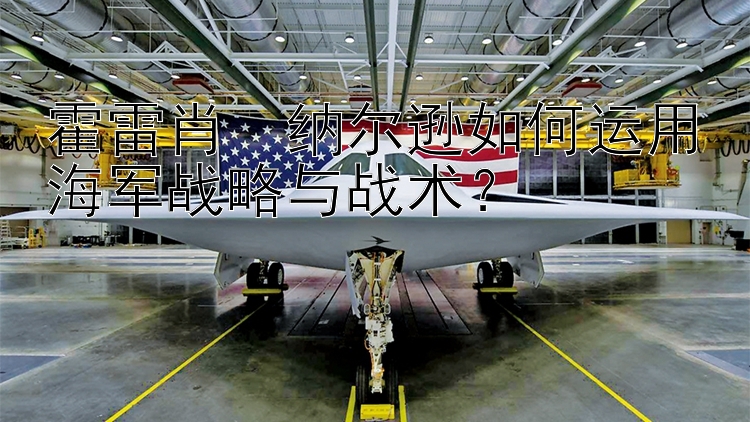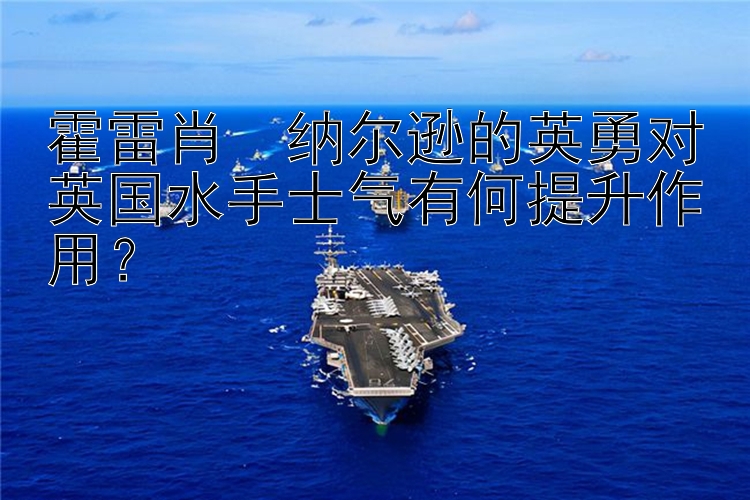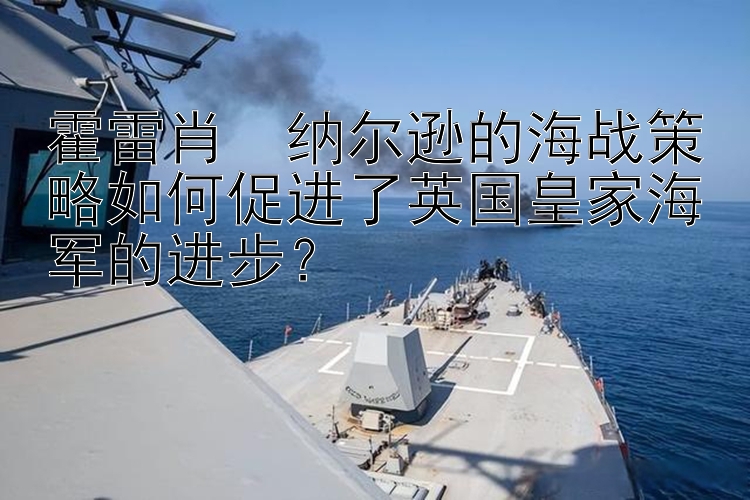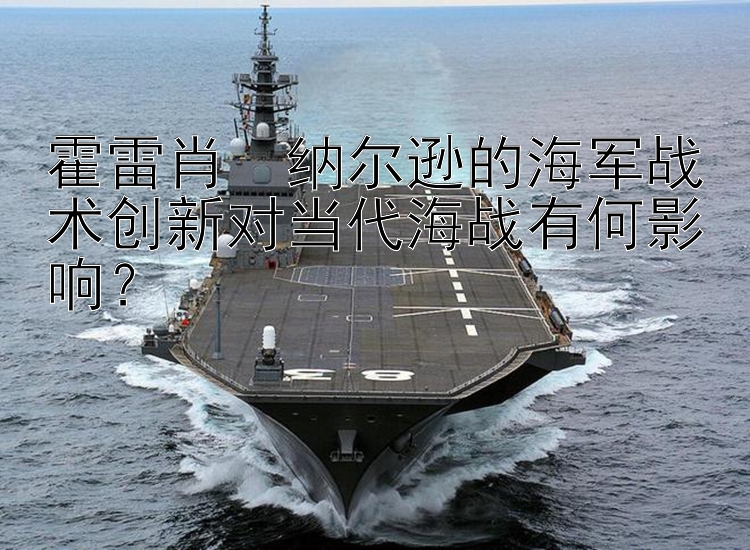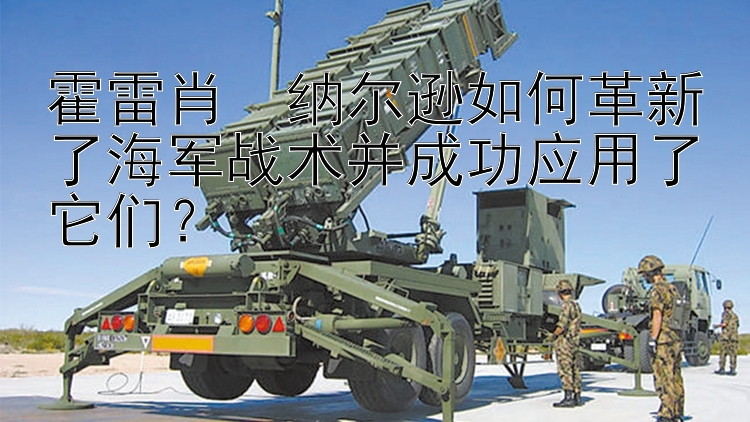《霍雷肖・纳尔逊的海军领导策略如何影响其队伍的层级结构?》
导读在18世纪末和19世纪初,英国皇家海军上将霍雷肖·纳尔逊(Horatio Nelson)以其卓越的指挥才能和创新的战略思想闻名于世。他的海军领导策略不仅影响了当时的海上战争实践,也对后世的军事理论家和领导者产生了深远的影响。本文旨在探讨纳尔逊的领导策略对其所属舰队层级结构的具体影响。首先,我们需要了......
在18世纪末和19世纪初,英国皇家海军上将霍雷肖·纳尔逊(Horatio Nelson)以其卓越的指挥才能和创新的战略思想闻名于世。他的海军领导策略不仅影响了当时的海上战争实践,也对后世的军事理论家和领导者产生了深远的影响。本文旨在探讨纳尔逊的领导策略对其所属舰队层级结构的具体影响。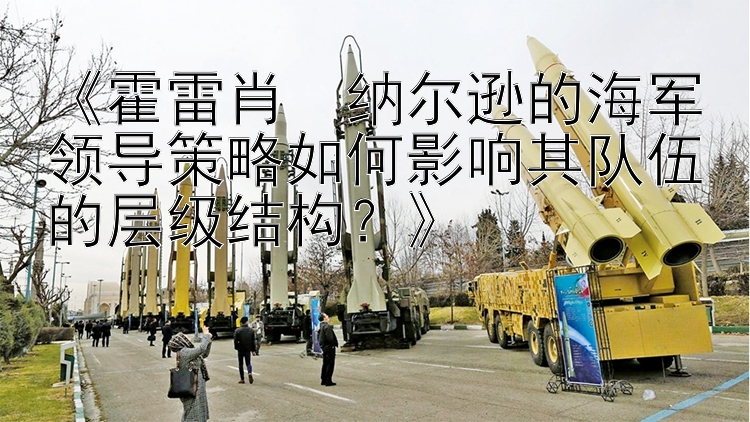
首先,我们需要了解纳尔逊所处的时代背景。在那个时期,英国正与法国处于拿破仑战争的激烈对抗中,而海军则是决定两国命运的关键因素之一。纳尔逊作为一名杰出的将领,他深知传统海军战术的局限性,并在实践中不断寻求突破。
纳尔逊的海军领导策略的核心是强调灵活性和主动性。他认为传统的层级结构过于僵化,无法适应快速变化的海战环境。因此,他在自己的舰队中推行了一种更为扁平化的组织模式,减少指挥层次,增加信息传递的速度和准确性。这种做法使得舰队的反应更加迅速,能够更好地应对敌方的行动。
其次,纳尔逊注重培养下属的独立决策能力。他鼓励各级军官发挥自主作用,而不是完全依赖上级指令。这要求他们具有较高的判断力和创新能力,能够在战斗中做出即时的调整和决策。通过这种方式,纳尔elson's Naval Leadership Strategies and Their Impact on the Hierarchy of His Fleet
In the late 18th century and early 19th century, British Royal Navy Admiral Horatio Nelson was renowned for his exceptional command skills and innovative strategic thinking. His naval leadership strategies not only influenced maritime warfare practices during that time but also had a profound impact on military theorists and leaders in subsequent generations. This article aims to explore how Nelson's leadership strategies affected the hierarchical structure of his fleet.
Firstly, we need to understand the historical context in which Nelson operated. During this period, Britain was engaged in intense confrontation with France as part of the Napoleonic Wars, and the navy played a pivotal role in determining the fate of both nations. As an outstanding commander, Nelson recognized the limitations of traditional naval tactics and sought breakthroughs in practice.
The core of Nelson's naval leadership strategy was to emphasize flexibility and initiative. He believed that the traditional hierarchy was too rigid to adapt to the rapidly changing environment of sea battles. Therefore, he promoted within his fleet a more flat organizational model, reducing the number of command levels to increase the speed and accuracy of information transmission. This approach allowed the fleet to react promptly and better cope with enemy actions.
Secondly, Nelson emphasized cultivating subordinates' independent decision-making abilities. He encouraged officers at all levels to play their own roles independently rather than relying entirely on superior orders. This required them to have high judgment ability and innovation capabilities so they could make instant adjustments and decisions during battle. By doing so, Nelson created a culture where individual responsibility and initiative were valued highly within his fleet.
热门标签
